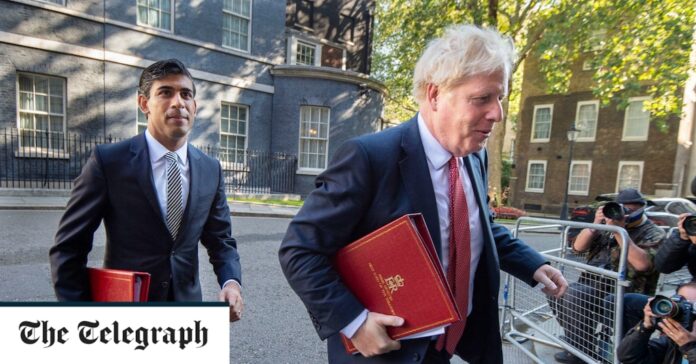As with France in 1799, the elites are back in control, but Britain has still been changed for the better
A confession: last week I was tempted to write a column saying “vote Boris”, but I lost my nerve. I told the editor, “He’ll pull out of the leadership contest an hour after we publish and I’ll look like an idiot” – which is exactly what he did. I love the guy, but you can’t trust him.
Why did I continue to flirt with Big Dog even though I know he’s a naughty puppy? And why did the Tories elect Liz Truss even though it was obvious six weeks ago, now confirmed, that Rishi would be a far better PM? My theory is that we all subconsciously knew that Sunak spelled the end of the Brexit revolution. Not its reversal but, like Napoleon’s coup of 1799, the defeat of its radical spirit.
Brexit conforms to the four stages of the French Revolution: crisis, contradiction, purification and reaction. In 1789, Louis XVI called an Estates General in his quest to raise cash; in 2016, David Cameron called a referendum to eliminate Euroscepticism. Both backfired. The Estates General demanded a constitutional monarchy and the Brits voted to leave the EU, so Louis fled to Varennes and Dave to his garden shed.
Theresa May now tried to ride two visions of the new order – protectionist and paternalist vs free trade and liberal – and with Parliament fractured, and counter-revolutionaries conspiring, she was unable to get us out of the EU. This necessitated the election of Boris Johnson, the British Georges Danton, a literate rake, a champion of the people. His instincts were small state but, being a populist, was inclined to give the mob what it wanted – hence he marched us out of Europe but also rebranded Tory politics as faux-European. Conservatism became Gaullist: culturally conservative and littered with grands projets.


